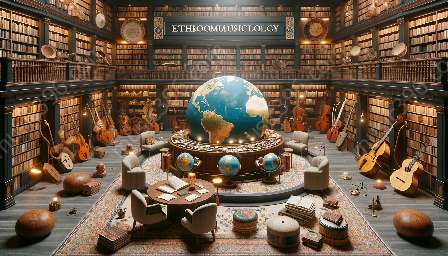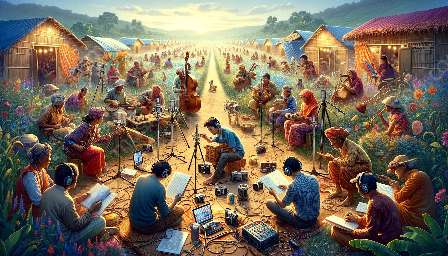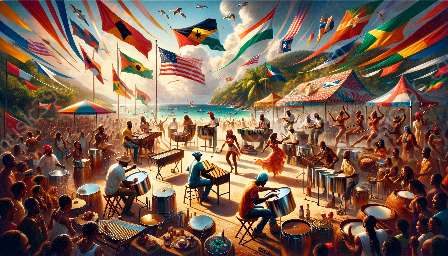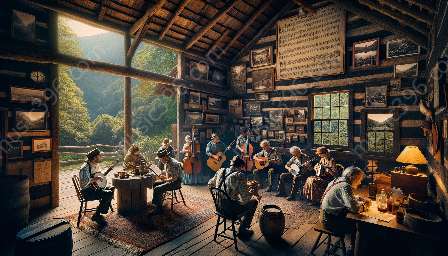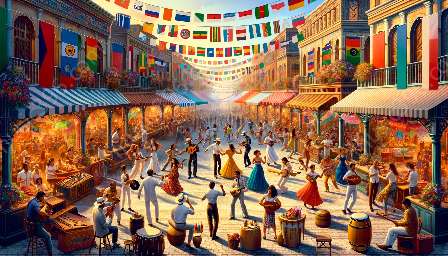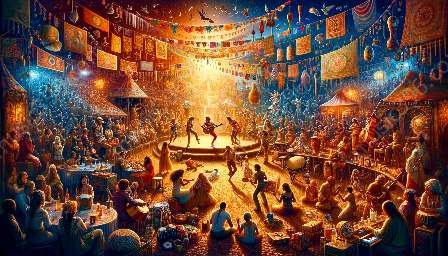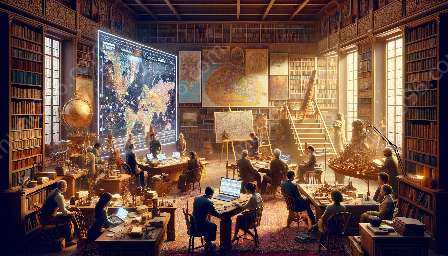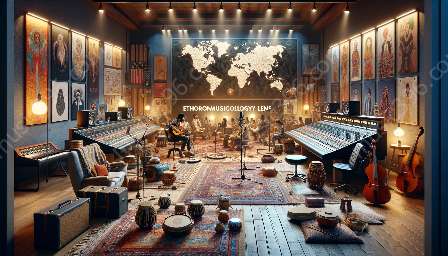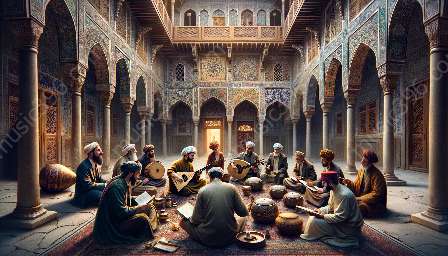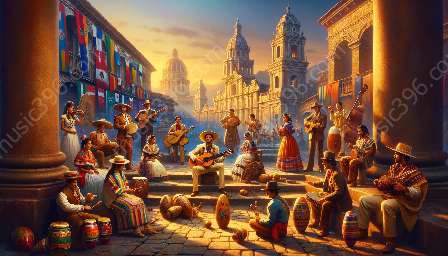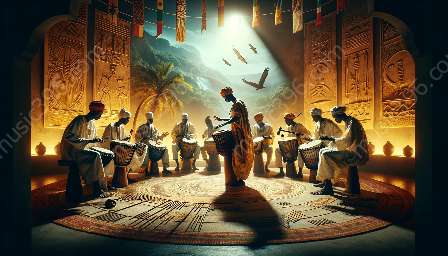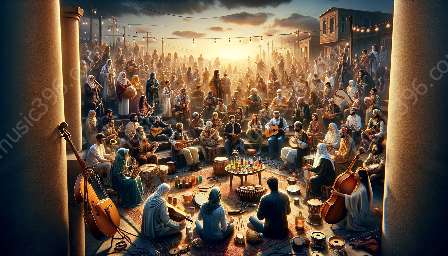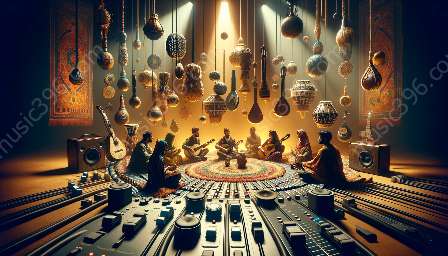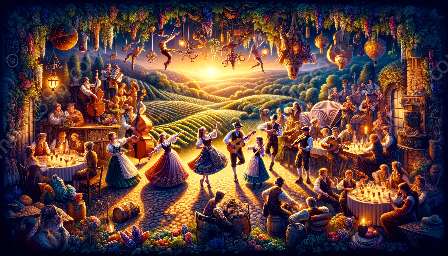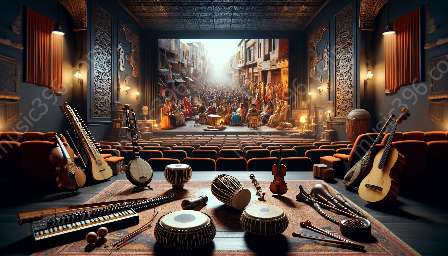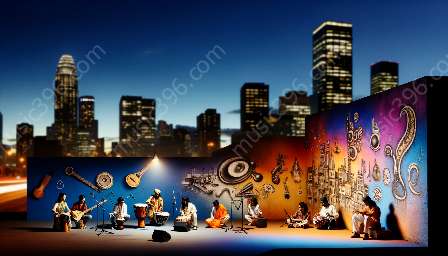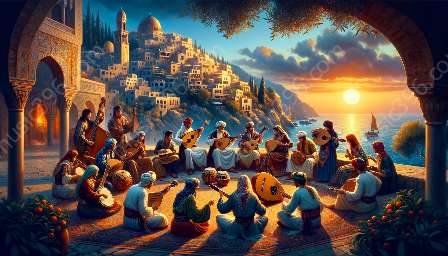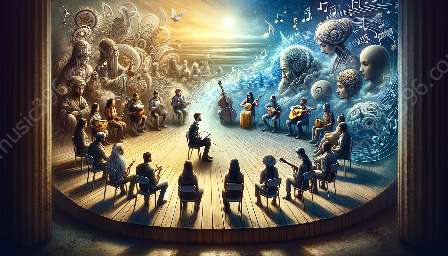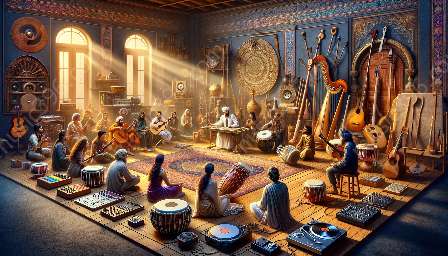Introduction: Exploring Irish Traditional Music
Irish traditional music is a vital component of Ireland’s cultural heritage, encompassing a diverse array of tunes, songs, and dances that have been passed down through generations. The preservation of this rich musical tradition is crucial to understanding the history and identity of the Irish people. However, documenting and archiving Irish traditional music presents several key challenges that intersect with the field of ethnomusicology.
Challenges in Documentation and Archiving
1. Oral Tradition: One of the primary challenges in documenting Irish traditional music lies in its oral transmission. Much of this music has been handed down aurally from one musician to another, without a strong written tradition. As a result, capturing and preserving the nuances of performance, ornamentation, and regional variations can be a complex task.
2. Variation and Evolution: Irish traditional music is dynamic and constantly evolving, influenced by changes in social and cultural contexts. Documenting these changes while respecting the integrity of the tradition poses a significant challenge for archivists and researchers.
3. Access and Copyright: Access to archival recordings and materials, as well as navigating copyright laws, can be significant hurdles in preserving and sharing Irish traditional music. Balancing the need for open access with the rights of musicians and their families presents a complex ethical challenge.
4. Technology and Digitization: While technology has offered new opportunities for preserving and disseminating traditional music, it also poses challenges such as format obsolescence, metadata standards, and long-term preservation of digital materials.
Relevance to Ethnomusicology
These challenges in documenting and archiving Irish traditional music intersect with the field of ethnomusicology in several ways. Ethnomusicologists are engaged in the study of the cultural contexts, meanings, and practices associated with music, and thus are deeply concerned with the preservation and documentation of traditional musical forms.
1. Cultural Context: Ethnomusicologists recognize the importance of understanding Irish traditional music within its cultural and historical context, connecting musical practice to broader social, political, and economic dimensions.
2. Oral Transmission: The study of oral traditions is a key focus of ethnomusicology, and the challenges associated with documenting and archiving Irish traditional music align with the field’s interest in the dynamics of oral transmission and performance practices.
3. Ethical Considerations: Ethnomusicologists engage with ethical issues surrounding music documentation, including questions of ownership, representation, and cultural heritage. The challenges of accessing and preserving Irish traditional music materials are therefore of direct relevance to the field.
Conclusion: Preserving Irish Traditional Music
Documenting and archiving Irish traditional music is a complex yet vital undertaking. By recognizing the challenges associated with oral transmission, variation, access, and technology, and understanding their relevance to ethnomusicology, efforts can be made to address these obstacles and ensure the preservation of Ireland’s rich musical heritage for future generations.

